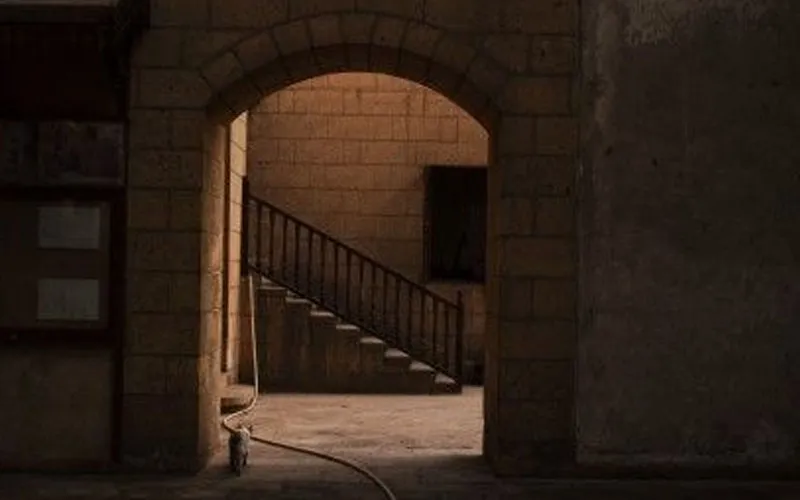Cairo, 06 January, 2022 / 9:00 pm (ACI Africa).
The leadership of the Christian Solidarity Worldwide (CSW) has expressed concern about an Egyptian court’s ruling permitting local authorities in the country to deny cemetery land to members of religions that are not recognized in the Northeastern African nation.
The Egyptian Initiative for Personal Rights (EIPR) had gone to court in January last year to petition the government to allow those who do not belong to Christianity, Islam and Judaism to obtain plots of land for burial purposes.
In a Tuesday, January 4 report, CSW officials say EIPR initiated the lawsuit after officials of the Cemeteries Department in the country’s second largest city, Alexandria, and the Burj Al Arab City Authority repeatedly declined requests from citizens belonging to “unrecognized religious and belief communities” and whose identity documents do not reveal whether they are Christians, Jews or Muslims.
In the report, the Founder President of the U.K-based Human Rights entity says they are “deeply concerned that this ruling will have a severe impact on the lives of Egyptians who belong to unrecognized religious and belief groups.”
The Court ruling “could effectively deprive members of unrecognized religious and belief communities of their entitlement as Egyptian citizens to a burial place in their own country,” Mervyn Thomas says.








